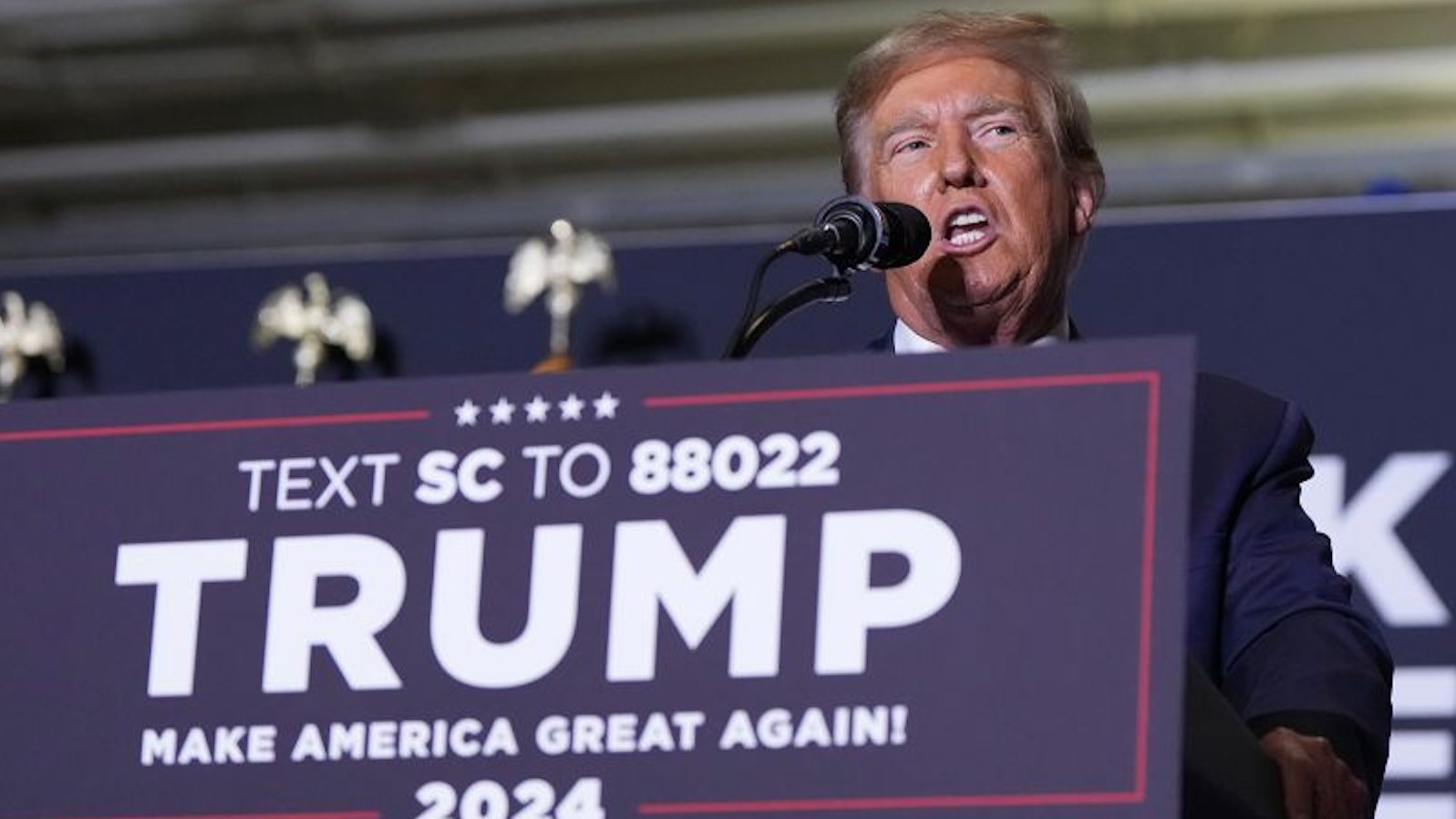The growing divide in U.S. politics over its relationship with Russia could have profound global implications, eclipsing the ramifications of Ukraine’s defeat at the hands of President Vladimir Putin’s invasion, according to CNN. The refusal of pro-Donald Trump Republicans in Congress to extend military aid to Ukraine has revealed the impact that the former president is already having on geopolitical realities, months before his potential return to the White House.
Trump’s recent attacks on NATO allies and alignment with Putin’s goals has led to growing concerns about his intentions in a potential second term. There are several signs that point to a shift in political forces in the United States, largely influenced by Trump’s “America First” nationalism, as well as the challenges posed by wars, financial crises, and domestic issues during the first two decades of the 21st century.
President Joe Biden has condemned Trump’s rhetoric, blaming Republican lawmakers for recent setbacks on the Ukrainian battlefield. The White House expressed disappointment at the recent withdrawal of the Ukrainian Army from Avdiivka, resulting from the inaction of the Congress, which allowed Russia to make notable progress.
The transformation of the Republican Party under Trump was highlighted by the former president’s failure to join the international outrage over the death of Russian opposition hero Alexey Navalny. This has raised questions about Trump’s loyalty and motives, particularly in light of his negative stance on aiding Ukraine and his hesitancy to support NATO allies in their defense spending.
The sentiments against foreign aid, an issue that resonates strongly with Republican voters, were further echoed at the Munich Security Conference, a platform that saw Republicans voicing concerns about the effectiveness and sustainability of current aid proposals and the role of Europe in its own security.
The changing foreign policy sentiments among Republican voters pose a dilemma for lawmakers as they navigate the issue of aid to Ukraine. There are growing concerns that Trump’s influence might lead to a neutralization of the Western alliance, with some Republican voters expressing reluctance to have their children fight in Europe, signaling a shift in attitudes towards NATO and global participation.
As the debate over aid to Ukraine continues, it seems clear that the U.S. and Europe need younger leaders to defend the role of NATO in peacekeeping, in order to prevent opportunist actions by figures like Trump. The future of the alliance and the global geopolitical landscape could be shaped by these ongoing political shifts within the United States. If not addressed, these seismic changes could have consequences far beyond Ukraine’s borders and alter the foundations of transatlantic security agreements that have lasted for decades.
